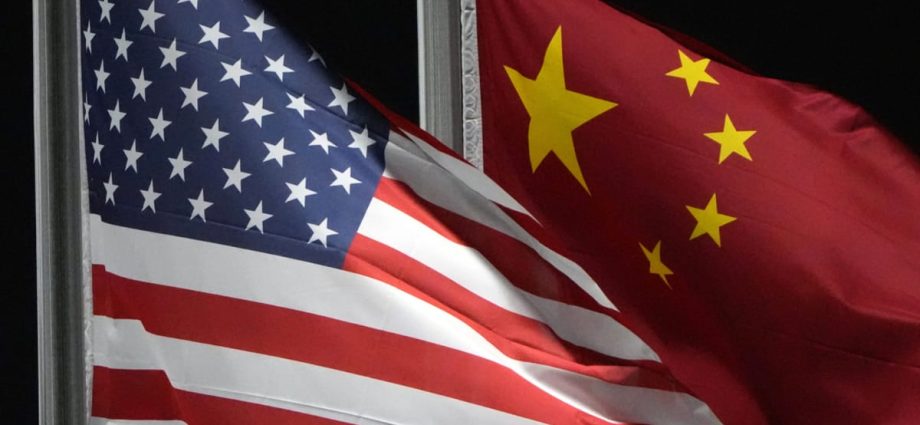
Qin said ties had “grown icy” and the priority was to stabilise them “and avoid a downward spiral and unanticipated events”.
The US should stop “undermining China’s sovereignty, security, and development interests”, particularly through support of Taiwan’s independent identity, Qin said.
China says Taiwan must come under its rule, by force if necessary, while the US says the relationship between the sides must be resolved peaceably.
US law requires it to treat threats to Taiwan, including a military blockade, as a matter of “grave concern”, though it remains ambiguous under what conditions US forces could be dispatched to defend the island.
Despite the lack of formal diplomatic relations, the US is Taiwan’s largest supplier of military hardware and diplomatic support, even while it continues to maintain relations with Beijing.
Biden has been seen as going a step further by repeatedly saying that the US would back Taiwan militarily, and America has been upgrading basing arrangements with the Philippines, located just south of Taiwan.
US-China military contacts have been on hold for years, and China’s top staff refused to answer a call from Defense Secretary Lloyd Austin after then-Speaker of the House of Representatives Nancy Pelosi visited Taiwan last year. China retaliated for the visit by staging a naval and air force blockade of Taiwan and cutting off channels of communication with the US on issues from environmental protection to maritime security.
At a daily briefing on Monday, Chinese Foreign Ministry spokesperson Mao Ning described the meeting between Qin and Burns as ”a normal diplomatic arrangement”.
In a tweet, Burns said he met with Qin and “discussed challenges in the US-China relationship and the necessity of stabilizing ties and expanding high-level communication”.
Contacts between the sides have been fraught for months since US Secretary of State Antony Blinken abruptly cancelled a Beijing trip aimed at easing US-China tensions in February. That came after a large high-altitude Chinese balloon was shot down after it sailed across the US, drawing Pentagon accusations of spying on sensitive military sites despite firm Chinese denials.

